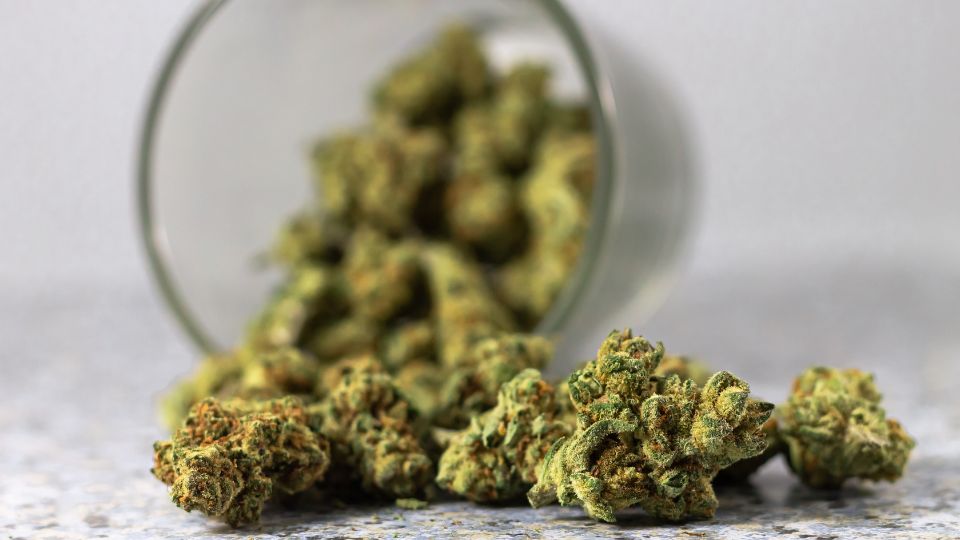
How Changing Marijuana Legislation Affects Drug Screening?- 16 Nov
As more and more states legalize marijuana, employers are asking how this will impact drug screening in the workplace. Marijuana is still illegal under federal law, so employers can drug test employees and refuse to hire those who test positive for THC. However, as marijuana becomes increasingly accepted by society, some people call for changes to workplace drug testing policies. We will explore the implications of changing marijuana laws on drug screening. We will also discuss what steps employers can take to protect their businesses.
What Scenarios Require Drug Screening?
There are many times before and after a job offer when drug screening is required. Here are some of the most common scenarios:
1. Pre-employment Screening
This is the most common type of drug screening. Employers may require it to ensure they are hiring employees who will not be impaired while on the job. This involves testing for all drugs, including marijuana.
2. Random Drug Screening
Random drug testing is usually done when there is suspicion of drug use in the workplace or to ensure that employees are not using drugs while at work. It can also be used as part of a company’s overall health and safety policy. Marijuana laws have had a significant impact on random drug testing. With more states legalizing marijuana, employers are increasingly struggling to determine what is acceptable and what is not regarding drug use in the workplace.
For example, some states allow medical marijuana but do not allow recreational use. Employers must be aware of their state’s laws and their impact on drug testing. Some employers are eliminating random drug testing for marijuana, while others are allowing for a more lenient approach where certain levels of THC (the active ingredient in marijuana) can be tolerated.
3. Post-Accident Or Incident Drug Screening
When an employee is involved in a serious accident or incident at work, employers may require that they be tested for drugs as part of the investigation process. When marijuana is legal, employers must update their drug screening policies. Employers must consider all legal implications when assessing post-accident or incident drug testing requirements.
Tips To Build an Effective Drug Screening Program
As more states continue to legalize marijuana use, employers must be aware of the changing landscape regarding drug screening practices. Depending on the industry and job function, employers may need to adjust their drug testing policies to comply with local laws and regulations. Here are some tips for building an effective drug screening program:
1. Establish a clear policy and communicate it to employees. Ensure your company’s drug screening policy is clearly outlined in the employee handbook or other official documents and that all employees know what is expected of them. Outline any legal requirements for drug testing, such as the substances included in the screening and any restrictions for specific positions.
2. Regularly review and update the policy as needed. As laws and regulations change, so should your drug screening policy. Review and update your policies frequently to remain compliant with applicable laws.
3. Utilize a third-party provider for drug testing services. An experienced third-party provider can help ensure your drug screening program is implemented correctly and compliant with applicable laws.
4. Train employees on the policy. Provide education and training for all employees about the company’s drug screening policy and procedures to foster a workplace culture of safety, compliance, and respect.
Call Total Reporting for the best drug screening for employment. We have the tools to help employers stay updated with changing marijuana legislation and drug screening regulations.




Sorry, the comment form is closed at this time.